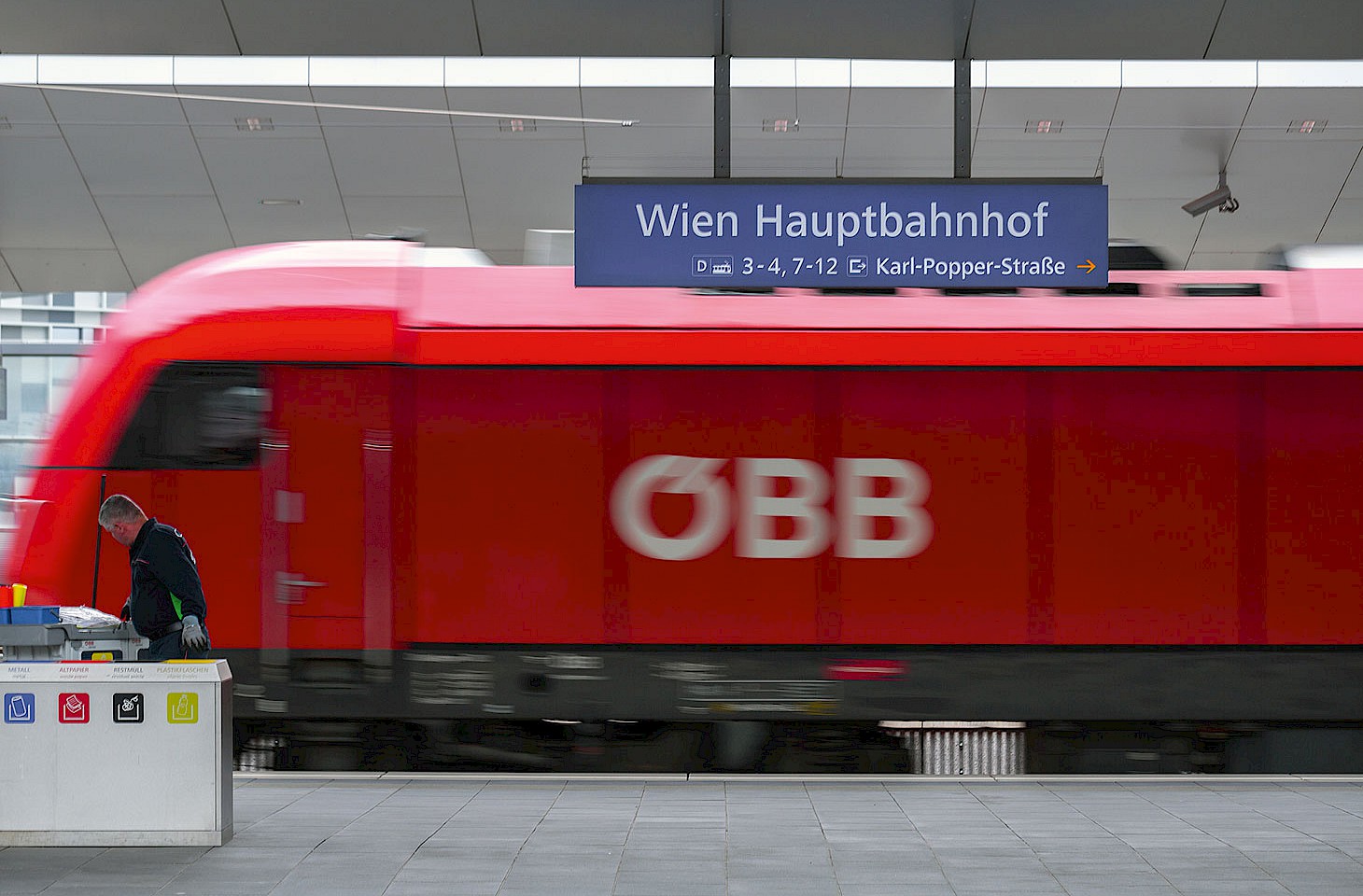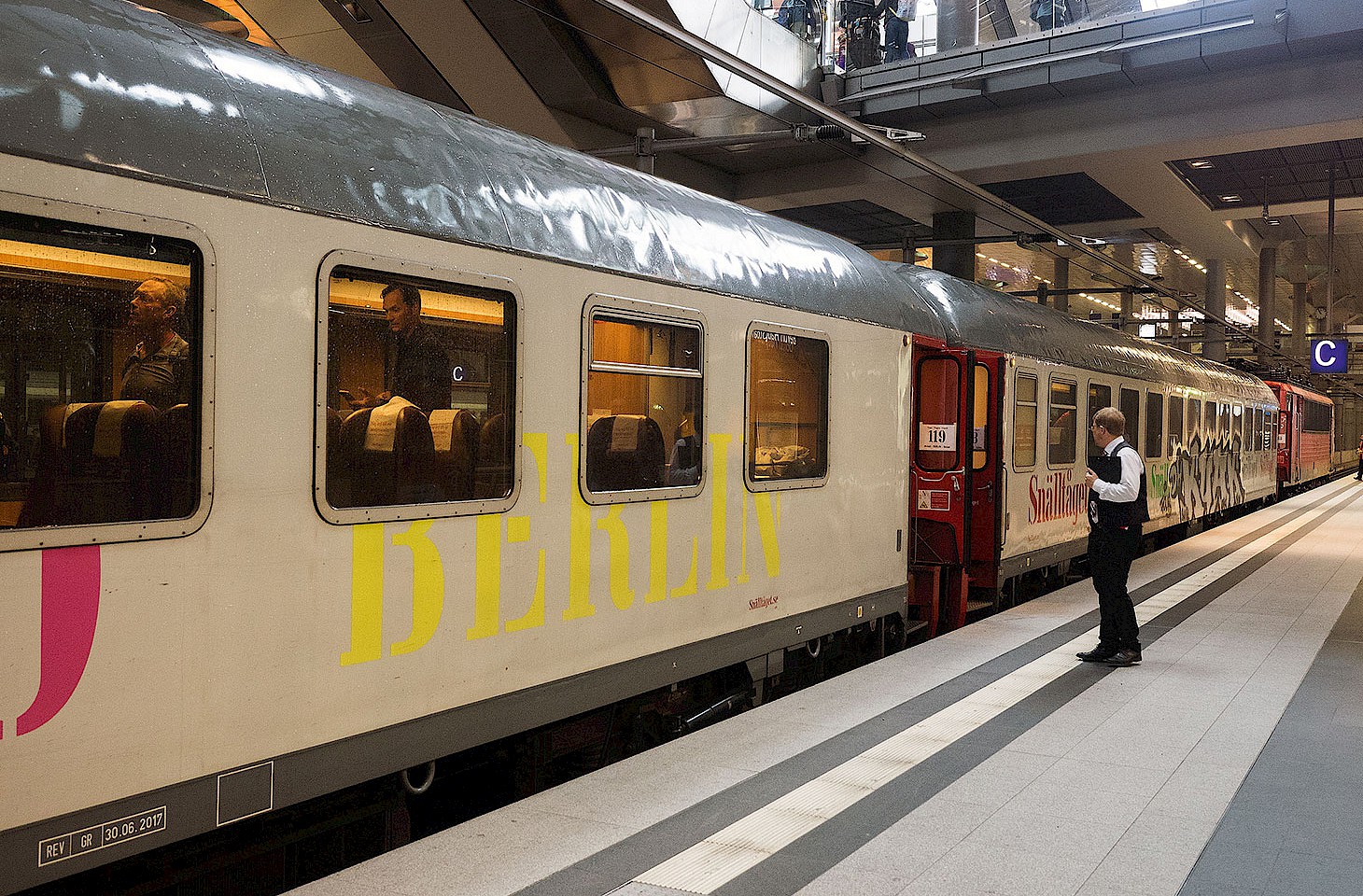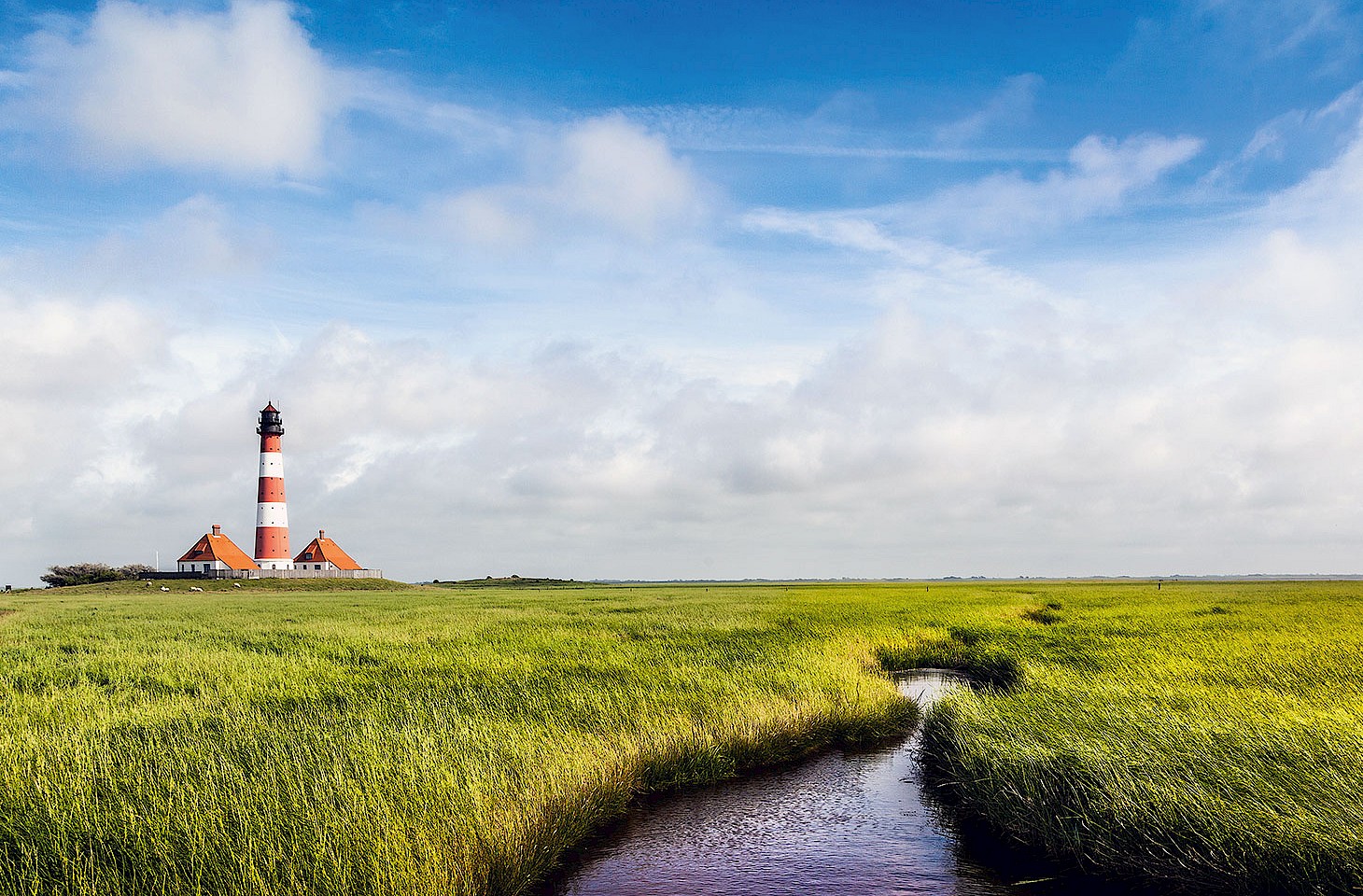Dear fellow travellers
Even in a Germany so preoccupied by football just now, it is possible to find plenty of places where life is quite untouched by summer soccer. hidden europe has been in the North Frisian islands this past week. The island of Gröde is one of ten communities known collectively as the Halligen, tiny islands that lie off the west coast of the north German state of Schleswig-Holstein. This week the sea lavender is in bloom, great foamy sprays of blue that line the beaches just above the high water mark.
As in the other Halligen, Gröde arranges its affairs around the perennial risk of flooding. The island has a pair of little artificial hills, no more than modest acclivities, and it is on these two elevations, the Kirchwarft and the Knudswarft, that the houses cluster. Several times each winter, storms bring high water that engulfs the entire Hallig, all bar the two hills where the people cluster for safety.
Gröde's population numbers just seventeen souls and, remarkably, it is a municipality (Gemeinde) in its own right - by far the smallest in all Germany. In so far as the average German has heard of this remote island at all, it is at election time, when Gröde traditionally is the first electoral district to file its official results. With just thirteen voters on the voting roll, the entire electorate gathers in Mayor Volker Mommsen's living room, and usually the whole business of casting and tallying the votes is done and dusted within a few minutes of the polls opening.
Christiane Fleeth, the teacher on Gröde, looks after the education of the island's three school age children. That the school has survived is in part due to the tenacity of Gröde's mayor. He and the islanders have fought to secure and maintain a viable infrastructure for this offshore community. Today, Gröde benefits from a good ferry link with the mainland, with the MS Rungholt stopping off at Gröde several times weekly, weather permitting. In winter, when the seas assault Gröde's fragile shores, and all but the two little hills are lost under water, a week or two may pass without the Rungholt calling with its regular deliveries of mail and groceries. During these inundations, the population bunker down on the Kirchwarft and the Knudswarft and wait for the seawaters to recede.
By bus to Moldova
While the German national football team took a well deserved bow in front of Berlin's Brandenburg Gate at noon today, a mile or two away to the west there was Sunday theatre of another kind as the weekly bus to Moldova prepared to depart from the city's central bus station - an out of the way spot that is anything but central. Even in these days of discount airlines, there are parts of Europe which lie well beyond the reach of the budget carriers, so for many Moldovans long distance bus services are still the mainstay of international transport.
Fifty would-be travellers, many with more baggage than ever an airline would agree to carry, clustered around the still closed door of the forty-seater bus. Who actually gets a seat is more than just a lottery, as men with shady businesses in Transdniestr make way for ancient babushki laden down with enormous bundles of goods. With half the congregation speaking on mobile phones (presumably not to each other), and a solitary driver wondering if all this luggage will ever fit aboard, the Sunday departure to Chisinau and Tiraspol is always a moment of high drama.
Pyotr stands apart from the crowd, silent and prayerful. He is a small man with a full grey beard. He is one of the Old Believers, a schismatic group that split from the mainstream Orthodox Church in the seventeenth century in a tussle over liturgical reforms. Pyotr is a little hazy as to quite why he's been in Berlin, but it certainly wasn't for the football. Eventually the driver opens the bus door, and people start to rush aboard. But all defer to Pyotr who quietly steps forward, his only luggage a threadbare holdall that weighs scarcely a couple of kilos. Pyotr pauses on the steps, makes the sign of the cross, and takes a seat for the long journey back to the village on the banks of the Dnister, where the Old Believers live in simplicity in a landscape dominated by willows and waterfowl. They grow onions and they fish, their livelihoods ever threatened by floods. When the floods come, the Old Believers pray. While, a world away on the island of Gröde, the Hallig folk climb to the top of their two artificial hills.
Nicky Gardner and Susanne Kries




